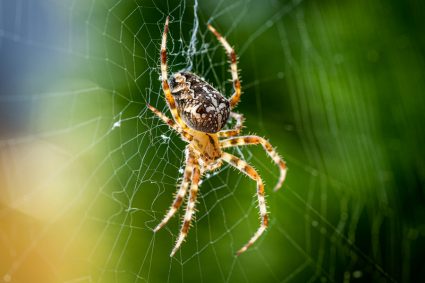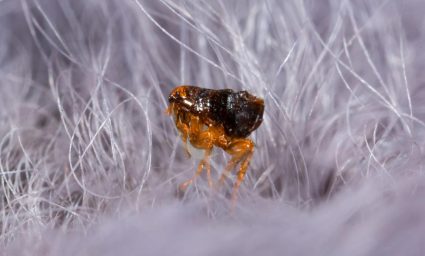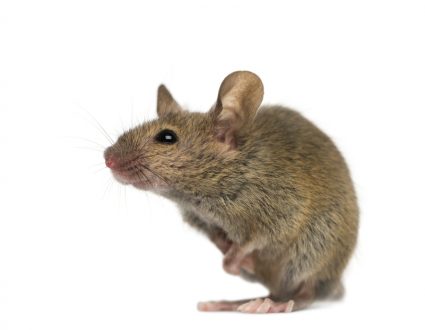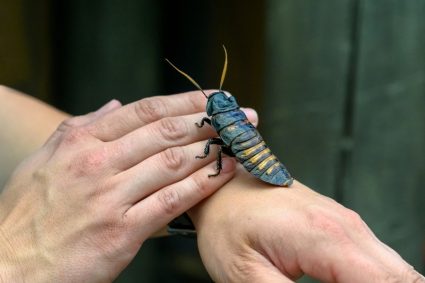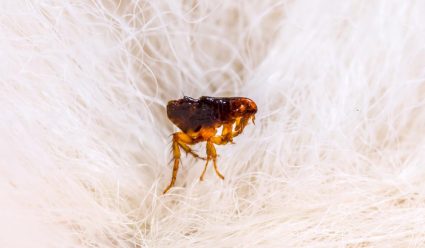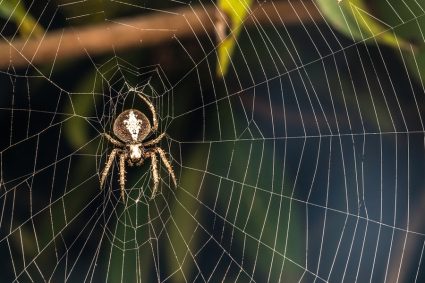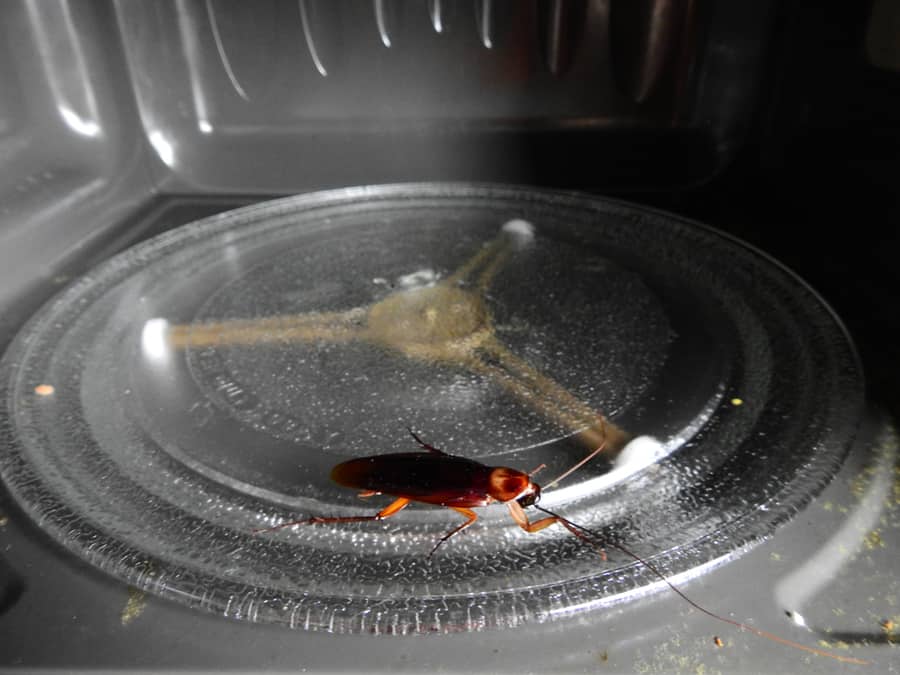
Cockroaches are one of the nastiest insects you can have in your home.
They can contaminate your food and carry diseases that may harm your family and friends if they come into your home.
That is why people do their best to prevent them from entering their homes because a cockroach infestation would make your house a living nightmare.
So, imagine your shock if you find them crawling inside your microwave. It shouldn’t be possible for insects to live in your microwave. So, why don’t roaches die in the microwave?
Cockroaches are nasty insects. But it can be surprising to most people how roaches don’t die in the microwave. However, there are reasons why they can survive, like:
- The different sections of your microwave.
- Fewer water molecules in a roach’s body.
- The tough body of the roaches.
If you see cockroaches in your microwave, remove them immediately because they can contaminate your food and destroy your appliance.
If you don’t know why roaches are in your microwave and want to get rid of them, the information below should help.
3 Reasons Why Roaches Can Survive in Your Microwave
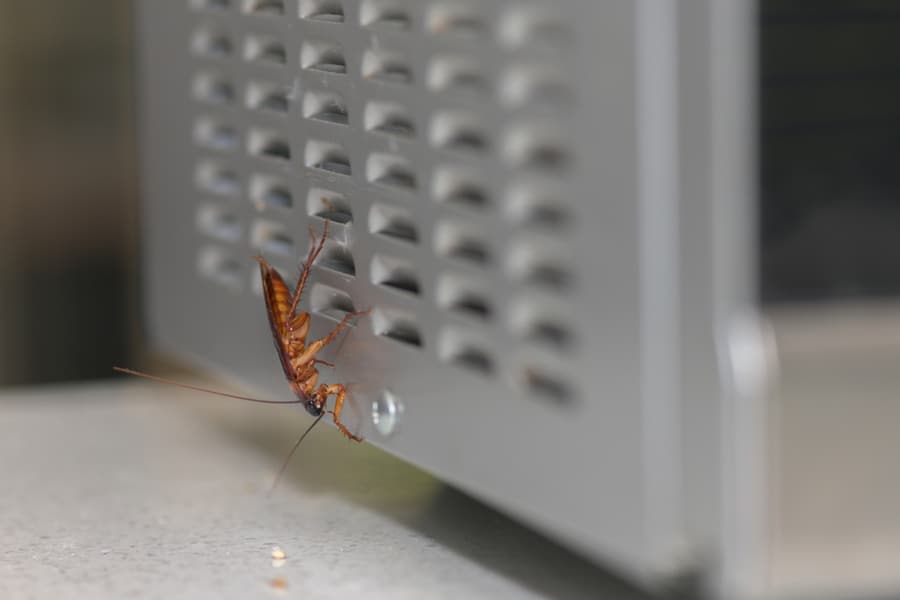
As you may know, the microwave is essential to heating or cooking your food. So, you know how hot it can get when it’s in use. But why can cockroaches survive such extreme environments?
Well, it’s for three reasons – the microwave has different sections and few moisture molecules, and roaches are hardy insects. All of this is explained below:
1. Your Microwave Has Different Sections
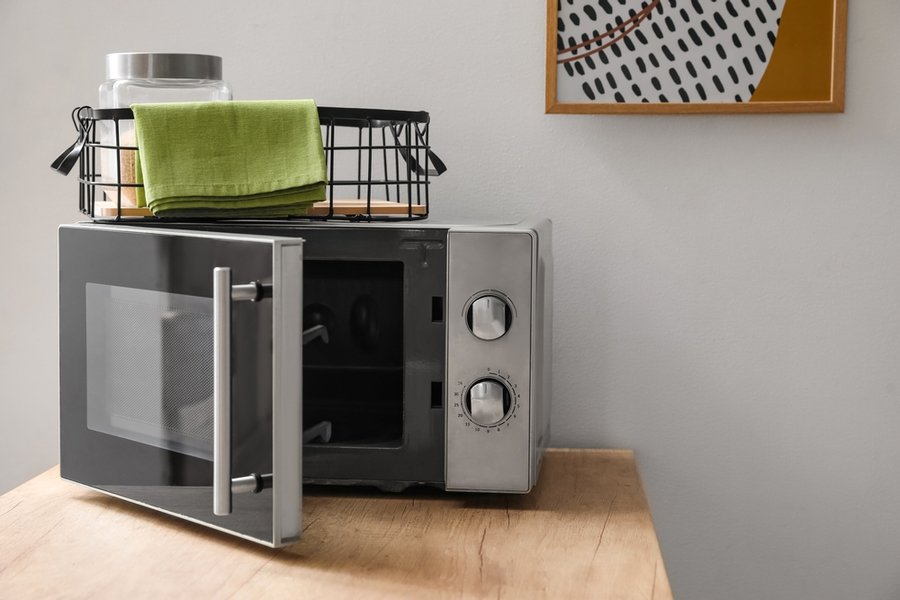
About 4-5 sections with metal lines in your microwave reflect heat to the center. At the same time, water molecules are agitated to produce heat by your microwave.
You may think all of this will make your microwave unlivable. But believe it or not, those sections remain cool when you cook food.
So, when you use the microwave, the cockroaches will hide in those cool sections.
2. Roaches Have Few Moisture Molecules
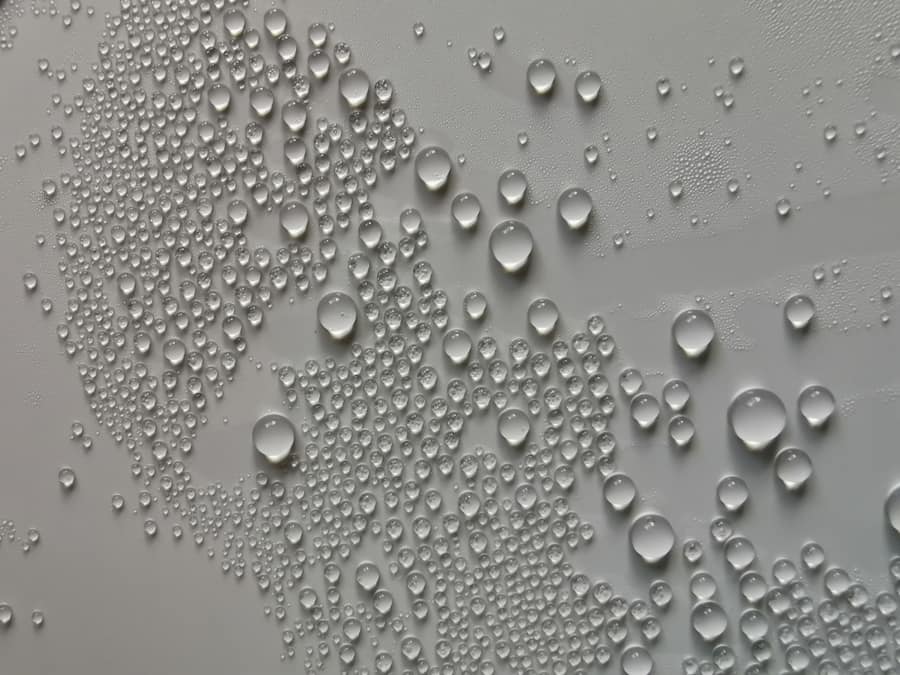
Another reason cockroaches can survive your microwave is that they have few water molecules.
As was said, the microwave generates heat by agitating water molecules present in the food.
But cockroaches can come out unscathed because they do not have that much water in their body.
3. Roaches Are Hardy Insects
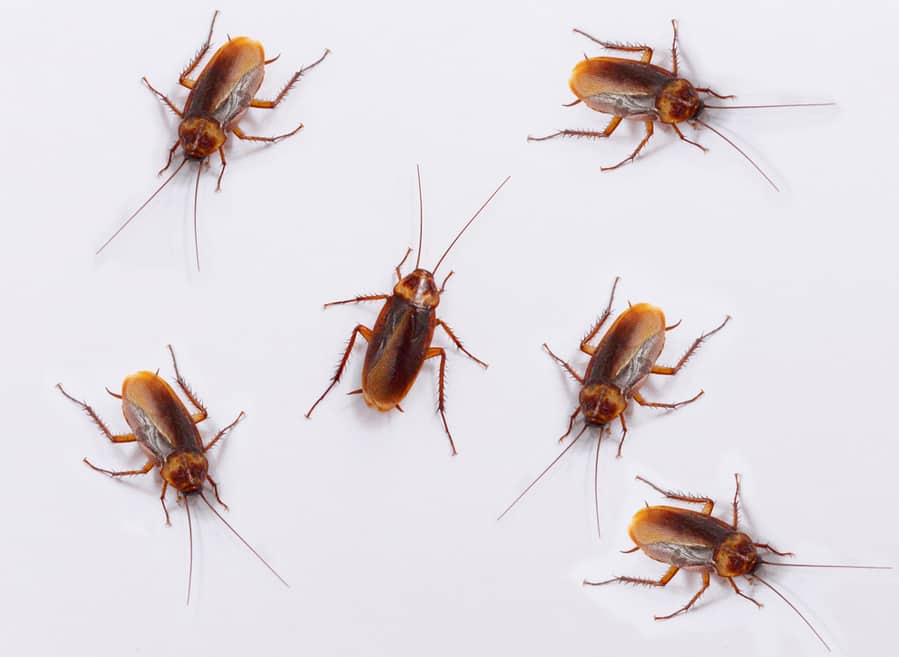
Roaches are one of the toughest insects in the world. They can survive a month without food and a week without water. They are also hard to drown, and some can move while being headless.
But one of their amazing feats is that they can survive a nuclear explosion. People even theorize that cockroaches will replace humans if there is a nuclear war.
So, if they can survive nuclear radiation, microwave radiation will most likely not do any lasting damage.
How To Get Rid of Cockroaches in the Microwave
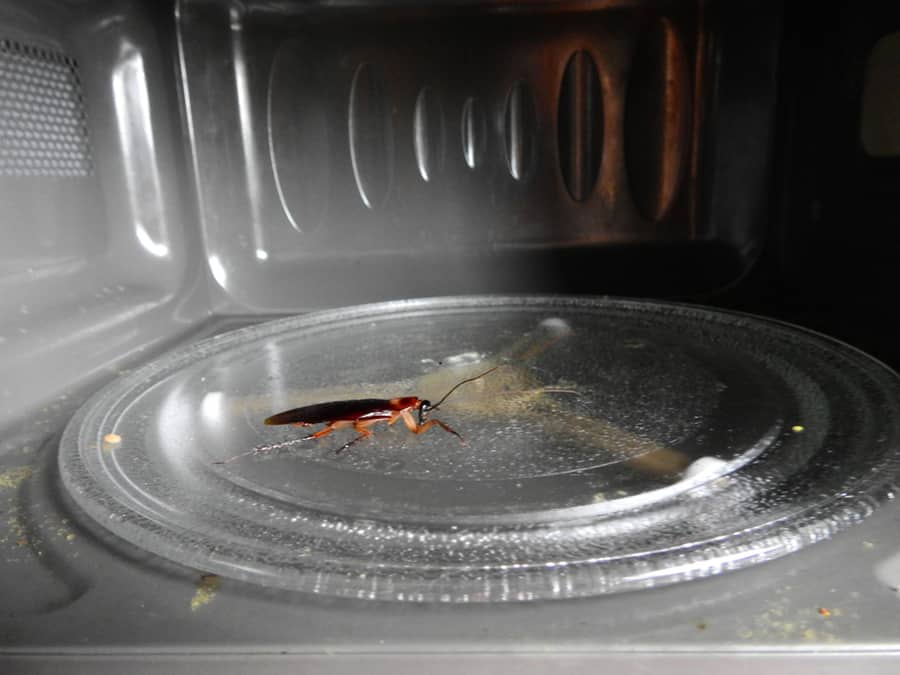
As was said, cockroaches can carry bacteria and diseases. So, you should take the necessary steps if cockroaches are in your microwave.
However, it would be best if you took the necessary precautions, or you could destroy your microwave.
So, below are some microwave-safe approaches to get rid of cockroaches:
Deep Clean
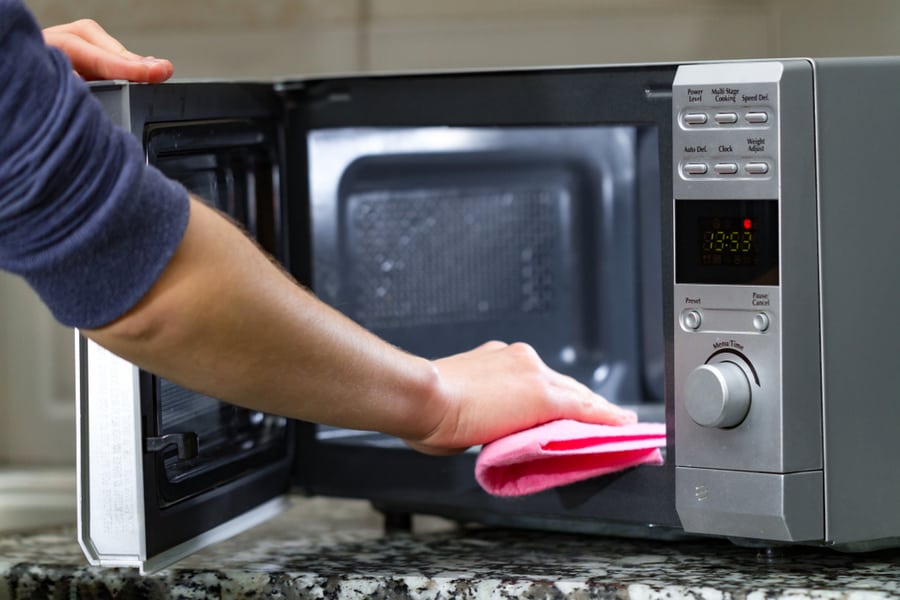
If cockroaches are in your microwave, it’s most likely because the grease and food spill attracted them.
So, it would be best to clean those up. If there’s no food, cockroaches will move to another location.
Microwaves are easy to clean with standard house cleaning items.
Try using lemon-scented materials because cockroaches hate the smell. But avoid using bleach that can discolor or damage the plastic interior.
Dust Traps

When you remove the food debris in your microwave, cockroaches will leave to look for another food source.
So, you can surround the microwave with Diatomaceous earth traps to kill the cockroaches that cross over.
This method works well with large colonies because when other cockroaches eat the body, they also eat the poison, killing them.
Bait Traps
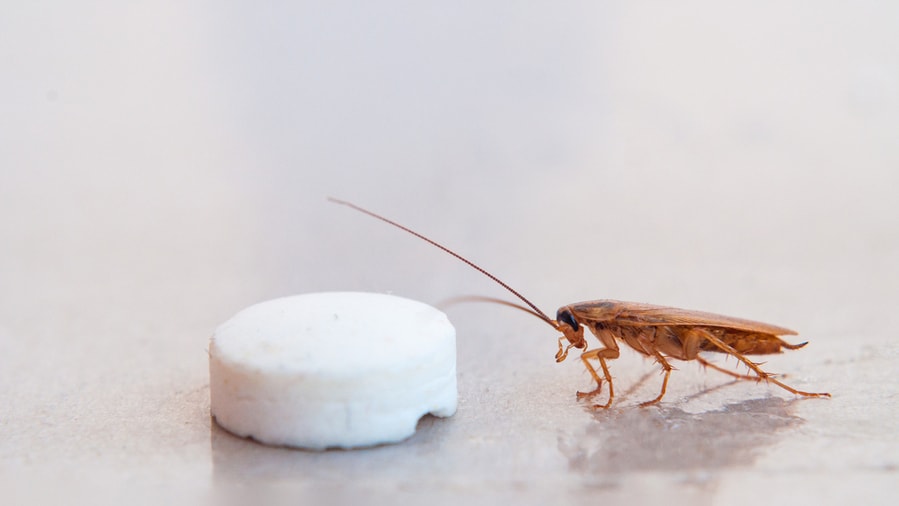
You can place bait traps near the exit points of your microwave that cockroaches use.
The bait will attract the roaches, and the gadget will trap them. You can then throw away the trap and place more.
Once you don’t see any more cockroaches, your microwave is most likely roach-free.
Pest Control

While DIY methods can save you money, you will need professional help if you have a large infestation.
There’s also the possibility of you destroying your microwave.
And if more cockroaches are in your home, they will return to your appliances. So, if cockroaches keep coming back, it would be best to call pest control.
Conclusion
Cockroaches are nasty pests that can contaminate your food and carry germs and bacteria. But one thing that amazes people is these pests can survive living in the microwave.
However, if you do your research, you’ll know that cockroaches can survive because of the cool sections in the microwave, low water in their body, and their rigid body.
So, if you know anyone wondering why roaches don’t die in the microwave, sharing this article should answer their questions.
Frequently Asked Questions
Do Cockroaches Live in Microwaves?
Cockroaches hide and rest in crevices and holes in your home. They like hiding spots that are dark, secluded, and warm. And your microwave sometimes creates these conditions.
So, it is common for roaches to make your microwave their new home.
Can Cockroaches Damage a Microwave?
There have been instances where cockroaches are responsible for an electrical fire.
Cockroaches will gnaw on anything if there is no food, including wires. This could cause your microwave to short circuit.
The build-up of eggs, feces, and corpses of roaches could also disrupt the function of your microwave.
Can I Spray Insecticide in a Microwave?
Insecticide sprays can quickly kill cockroaches. But it would be best not to use them on any electrical devices, including your microwave. They may cause short-circuiting, corrode, or stop the glass plate from turning.

